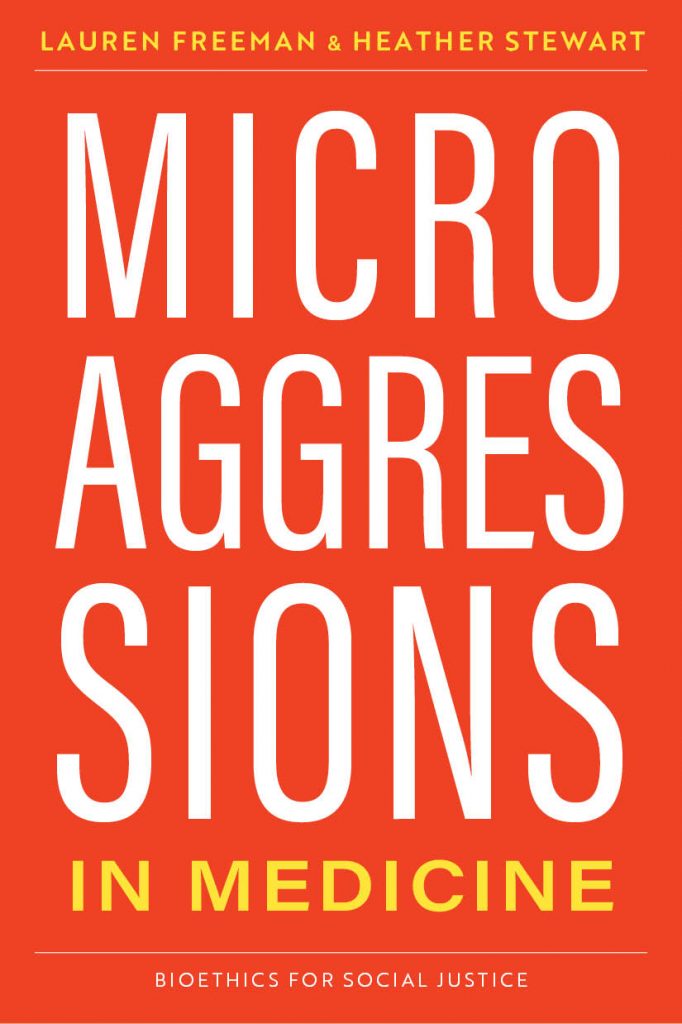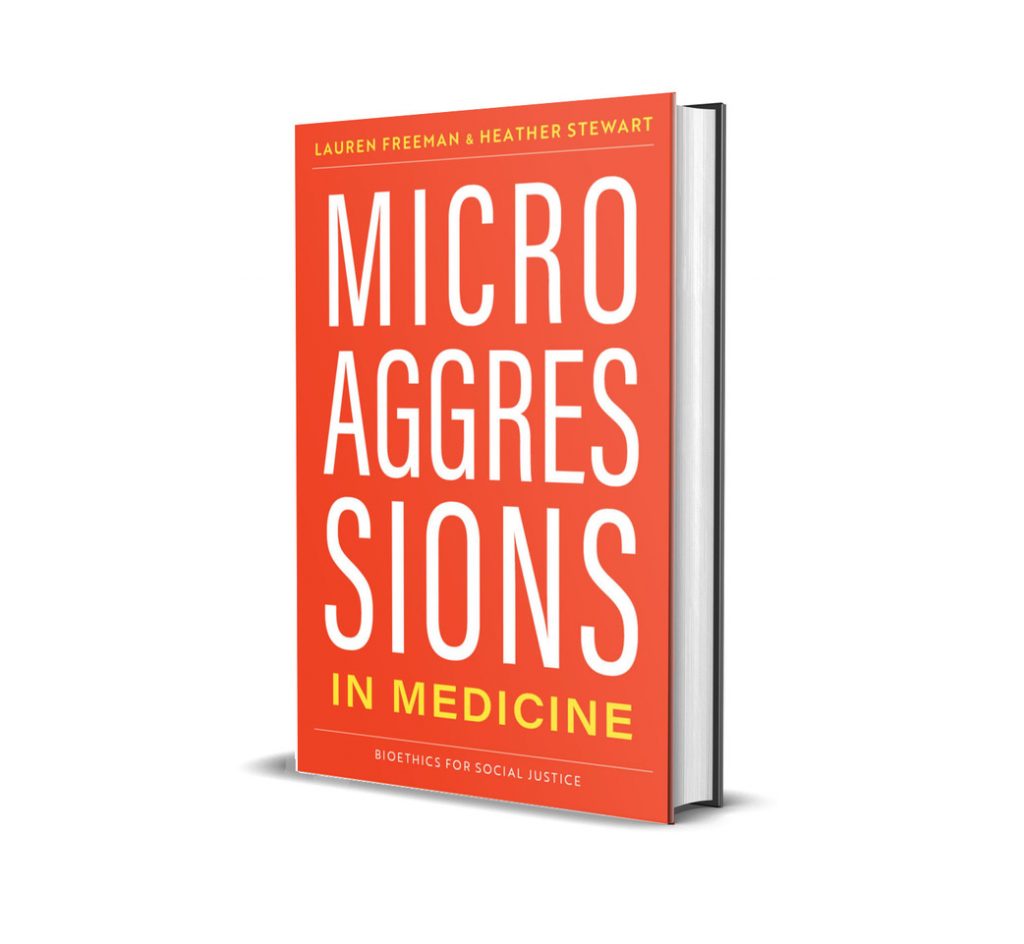The COVID-19 pandemic brought the already growing industry of telemedicine into most of our phones, homes, and healthcare routines. Telemedicine–or the connection of patient and physician by virtual means such as videocall or secure messaging–has become a key lifeline for extending service across the gaps of American healthcare. In rural areas especially, physician shortages and hospital closures make accessing in-person healthcare challenging in the best of times. Add to that the travel restrictions, resource shortages, and increased clinical risk of a pandemic and we get conditions ripe for telemedicine’s explosion. Less discussed, however, are the forms of in-person labor on which even this virtual medical care continues to depend. Overlooking the necessary support offered by non-physician healthcare workers, unpaid home and community caregivers, and patients themselves will not just undermine the success of telemedicine – it will further erode the basic level of care undergirding society as a whole.
The promises of telemedicine are many: although increasing access to healthcare serves as a more altruistic motivation for the growth of telemedicine, the technology’s potential to decrease spending and boost efficiency is also compelling. Some have gone so far as to argue that telemedicine should become the default for routine medical concerns, leaving in-person visits as “Plan B.” Such a system, they argue, would be particularly beneficial for “patients with the most health care needs — the 5% that account for 50% of costs” by bringing “as much of the necessary care and social support into the patient’s home” (Duffy & Lee 2018, 8). Other healthcare researchers have projected that removing the medical encounter from the hierarchical environment of the clinic and (somewhat) obscuring patients’ racial and gendered presentations, telemedicine could even thwart implicit bias. (It’s worth noting, however, that this possibility depends on the equitable distribution and uptake of telemedicine, which has not been achieved.) According to bioethicist Jordan Parsons, both equity and efficiency make the adoption of telemedicine an imperative, so long as quality of care is not sacrificed.
Much of the concern articulated about telemedicine surrounds its impact on the doctor-patient relationship. Even if we grant that a physician can effectively diagnose and treat from a remote location – and it’s not clear that this is true across the board – the physical distance and technological mediation introduced by telemedicine present challenges for how doctors express compassion and build trust with their patients. Given that trust and compassion between doctor and patient are tied to ethically successful clinical encounters as well as better health outcomes, we would rightfully object to telemedicine if it placed these goods in jeopardy. But if our response focuses too much on improving the relationship between the patient and the remote physician, we risk obscuring and under-supporting the hands-on care that makes telemedicine work.
For instance, the hub-and-spoke model of telemedicine relies on outpost clinics with full staff who help virtually connect patients with physicians located elsewhere. Not only does the outpost clinical staff perform the clerical and administrative labor necessary to keep the operation running, they also perform physical tasks on the bodies of patients: a certified nurse’s assistant slides an inflatable cuff up a patient’s arm to measure her blood pressure; a physician’s assistant holds another’s foot in his hand to palpate painful joints. The physical proximity of support healthcare workers (HCWs) to their patients requires them to assume responsibilities that cannot be fulfilled by the distant physician. If bad news, like a poor prognosis, is given via videocall, the support worker present with the patient turns into the proximate other to whom the patient can respond in grief or anguish. These physical and affective exchanges, integral to the delivery of care, are neither eliminated nor fulfilled by the virtual physician but must instead be performed by another, likely more precarious, worker.
In the case of at-home telemedicine, the clinic does not so much recede into the background as it instead creeps into the household. Home-based visits are particularly common for the remote monitoring of chronic conditions, especially conditions that limit the patient’s mobility. Among the effects of “bringing the clinic home” is the involvement of family members and other unpaid caregivers in the medical visit itself. Whether assisting in the physical maneuvers of the exam or being present as emotional support, the at-home partner becomes the patient’s most direct source of care. While serving in similar capacities as the non-physician HCWs in the clinic, informal caregivers within the home typically lack medical training as well as labor protections, social status, and compensation.
Neither of these instances of hands-on care, whether provided by non-physician healthcare workers, informal caregivers, or patients themselves, is necessarily problematic. Community caregiving with telemedical support, for instance, may offer more interpersonal connection and context sensitivity than the average hospital. Encouraging self-care, moreover, may increase patient autonomy. But telemedicine’s way of delegating care to others does become a problem where it makes that delegation invisible and fails to provide resources to those doing the material work of caring for bodies. Without proactively distributing caring responsibilities and supporting the provision of care, experience has shown that the slack will be picked up by the most precarious among us: unpaid care labor disproportionately falls to poor women, both nationally and internationally, and is a significant driver of economic inequality. This maldistribution is both unjust and unsustainable, jeopardizing the wellbeing of the careworkers themselves and the adequacy of the care given.
In addition to the burden on individual precarious care workers, both paid and unpaid, neglecting telemedicine’s delegation of labor has serious consequences for society as a whole. Recently renewed conversations in both crisis management and political economy point to the care sector as the ground on which our social world is built. Without direct care for our physical, psychological, and social needs, no other human projects are possible. When we undermine our collective ability to provide for basic needs – as we do when we focus on technological development at the expense of hands-on care – we become, in Nancy Fraser’s words, like the tiger who eats its own tail.
This isn’t to say that we should give up on telemedicine, and its presence in our lives will certainly outlast the pandemic. But the expansion of telemedicine must foreground financial and social support for those providing the direct, hands-on care that remains essential even in our increasingly virtual context.
For related arguments, keep an eye out for my first book, The Limits of Care: Making Feminist Sense of Technology Relations, forthcoming with Oxford University Press.














